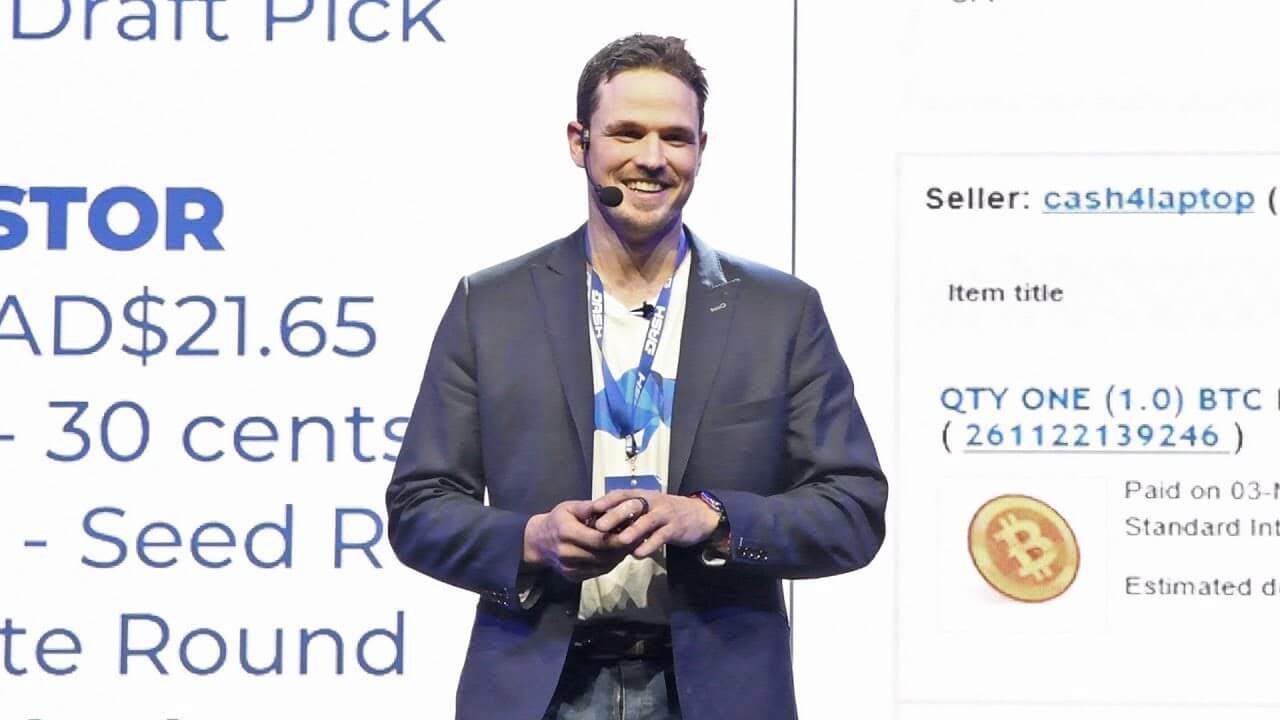Decoding the Landscape of Security Tokens, Accompanied By Polymath’s Founder

Security tokens, considered a link between the provision monetary assets and blockchain network, are a fascinating invention. Ever since the Initial Coin Offering (ICO) started recording a rapid decrease, the STO or Security Token Offering has begun to drive force across a varied section of bodies including the decision-makers, financial centers as well as facility providers.
In order to get in-depth information on the STO, let’s explore what Trevor Koverko had to say in one of his recent interviews published on Jan 17th with veteran columnist Yoav Vilner. Trevor who founded Polymath was keen on tokenizing his private equity fund in 2017 which eventually didn’t materialize. This led him to establish a platform for security tokens where he successfully raised about $60 million as funds.
Question – How would you describe the concept of security tokens and their functionality to people who have zero ideas about it?
Trevor – Similar to how we needed to standardize Ethereum’s ERC-20, it is essential to do the same with security tokens. Just like a set of pre-agreed functions that works for everyone. These standards for ST20 also include restrictions for transfers. That means buying or selling of these tokens can be done only by legitimate users. There are limitations on the number of shares a person can hold in addition to trading being restricted for a certain timeframe.
Question – What are your thoughts on the present market of security tokens?
Trevor – I did believe that one-day STOs will leave ICOs behind but never thought it would materialize so rapidly. As many contributors are actively involved in the tool-development process, things are moving up quickly, be it clarity on the regulations or licensed exchanges of security tokens. 2019, as far as security tokens are concerned, is proving to become a vital year.
Question – Can monetary assets gain benefits from these tokens?
Trevor – One of the best things these tokens have to offer is fluidity. Whether it is LP shares or equity – all of them are considered as non-liquid assets which can be unlocked through STOs. STOs can make smaller and private illiquid securities easily accessible to everyone out there.
As transparent technology is open 24/7, trading not only becomes simpler and quicker but much more affordable on a global level. The thing is such a global market is always open. The fact that such a security token can be programmed, unlike provision stocks, is what goes in its favor. With these tokens, we can automate corporate administration, proxy dividends and voting, and much more, all while documenting it on the secured blockchain platform.
Question – What kind of regulatory development will the security token possess?
Trevor – In simple words, STOs are securities, basically an upgraded version of their traditional counterparts. We are lucky that commercial securities are defined very clearly with elaborated law and explanations of what can be regarded as securities by SEC. One has to follow the procedures, right from filling the forms to abiding by the rules of trading. Majority of security offerings require licensed investors. With blockchain, most of these rules can be automated which makes lives a bit easier.
Question – Any particular monetary asset you feel can come out from the lot thanks to STO?
Trevor – When it comes to owning the tokenizing of funds, we tend to be confident. There are many people first resorting to the realty market to which I agree as well. But there are other projects too that inspires me altogether. Ethereum, for instance, was a decentralized project which got to a bigger scale. It was the best example of market decided utilization, driven by a community.
Similar to Ethereum, we will have some smaller companies which require the funding or capital, turning to STOs. After they grow big, they will not be left behind thanks to all the tokenization advantages.
Question – Ethereum is very much driven by developers. How can we get additional developers to engage in the STO world?
Trevor – For decentralized schemes, an engaged and active group of developers is not just imperative; it is the project itself. The success of Ethereum speaks volumes about it. Nearly over 30,000 crypto engineers were volunteering for the project from around the world. If there is a dearth of such talent or their active participation, it is almost impossible to evolve in this dynamic market.
The for-profit creators can be incentivized for building products on the best platforms. While 2017 struggled with finding talent and dealing with remuneration issues, 2018 pretty much cleared up the crypto market for labor and now is the best time to build an army of tech experts.
Question – With respect to the market of STO, in what way the roles of service providers or dealers & brokers get evolved?
Trevor – Security tokens are nothing new. The laws of securities have elaborated policies to utilize as references and guidance. These tokens are meant to follow and abide by the regulations but in the fresh domain.
While we were architecting the company, we took into account multiple factors such as AML, KYC, secondary trading restrictions, as well as attestations of accreditations. Although security tokens do provide you with hopes in the ever-changing cryptocurrency market, it’s essential to perform your own research before making any investment or funding related decisions.
Source: Forbes



